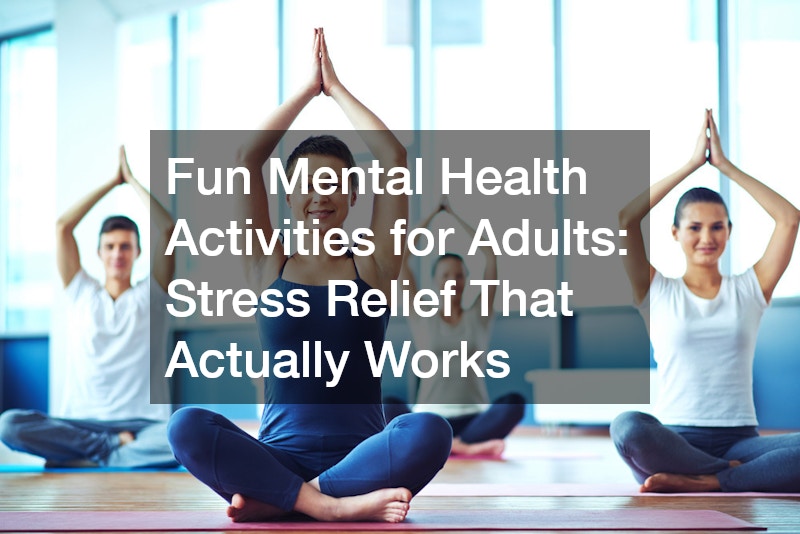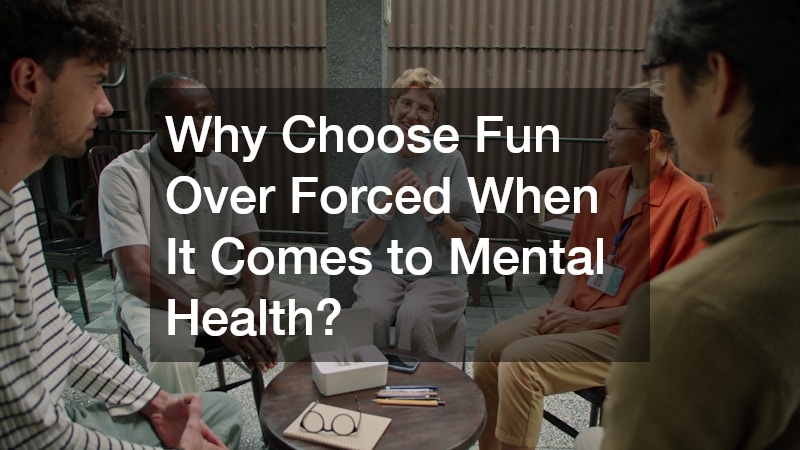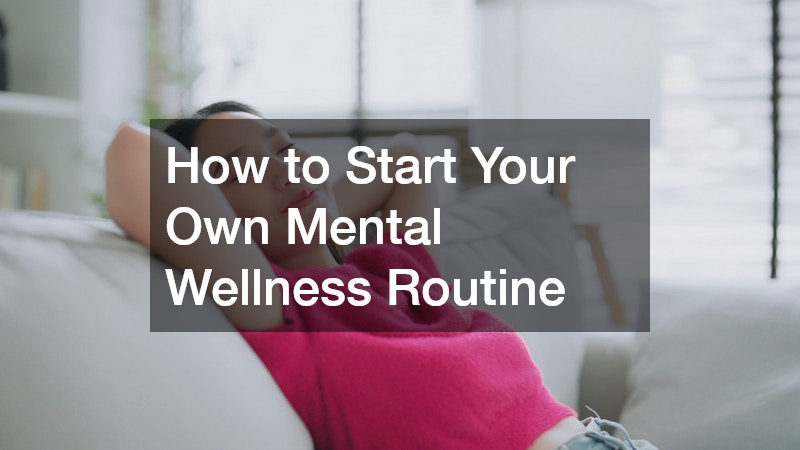Fun Mental Health Activities for Adults: Stress Relief That Actually Works
In today’s fast-paced world, managing stress is not just beneficial—it’s essential. Adults often juggle work, relationships, financial pressures, and personal responsibilities, all of which can contribute to emotional strain. Fortunately, stress relief doesn’t have to be clinical or boring. Engaging in fun mental health activities can make a big difference in how you feel day-to-day. These activities offer a natural way to boost your mood, improve resilience, and promote overall well-being.
If you’re looking for practical, enjoyable strategies to support your mental health, this guide is for you. Below, we explore science-backed, fun ways to improve your emotional balance—whether you’re alone, with friends, or in a group setting.
Why Choose Fun Over Forced When It Comes to Mental Health?
Mental health care doesn’t always require sitting in a therapist’s office. While therapy is incredibly beneficial, supplementing it with fun, lighthearted activities helps you build joy and mindfulness into your everyday life. When adults enjoy what they’re doing, they’re more likely to stick with it. This is why mental health professionals often incorporate interactive elements into therapy sessions, especially in mental health group therapy activities for adults.
By choosing enjoyable and engaging ways to unwind, you’re reinforcing positive behaviors, reducing cortisol levels (the stress hormone), and making space for healing. It’s time to normalize fun as a legitimate part of self-care.
Fun Mental Health Activities for Adults: Ideas That Work
Sometimes the simplest activities can have the greatest impact on mental wellness. Below are several stress-relieving, fun activities that adults can try, whether alone or with others.
1. Laughter Yoga or Improv Classes
Laughter truly is the best medicine. Laughter yoga combines breathing techniques with playful group exercises that naturally trigger laughter. Similarly, joining an improv class can boost confidence, reduce anxiety, and increase social connection.
2. Creative Art Projects
You don’t have to be an artist to enjoy painting, doodling, or pottery. Creative expression helps release emotions and provides a soothing, mindful focus. Consider joining a local art night or hosting a craft evening at home.
3. Dance Like Nobody’s Watching
Put on your favorite playlist and dance around your living room. This movement-based activity releases endorphins and helps shake off anxiety.
4. Join a Mental Wellness Meetup Group
Connecting with others in a relaxed, judgment-free environment can help ease loneliness. Many communities offer walking clubs, journaling circles, or mental health meetups that incorporate socializing with emotional support.
5. Board Games or Game Nights
Games aren’t just for kids. Hosting a weekly board game night can foster connection and laughter, two key elements that support mental health.
What Makes These Activities So Effective?
Each of these activities taps into key elements of emotional well-being:
- Social interaction – Builds a sense of belonging and decreases feelings of isolation.
- Movement – Releases natural feel-good chemicals and reduces muscle tension.
- Creativity – Engages the brain in a non-linear way, offering emotional release.
- Laughter – Lowers blood pressure, reduces stress hormones, and improves immune response.
- Mindfulness – Encourages living in the present moment, a key factor in anxiety management.
Unlike passive distractions like scrolling through social media, these activities are immersive and energizing. They give the brain a break while also promoting connection and purpose.
Can Group Activities Help with Mental Health?
Absolutely. Mental health group therapy activities for adults often center around connection, communication, and shared experiences. But group work doesn’t have to feel clinical. Here are some fun and informal group activity ideas:
- Gratitude circles – Each person shares something positive about their week.
- Storytelling games – One person starts a story, and others take turns continuing it.
- Mindful coloring groups – Sit together and color mandalas or patterns while talking.
- Cooking or baking clubs – Working together in the kitchen promotes teamwork and joy.
When structured well, group activities provide accountability, empathy, and laughter—powerful tools for emotional healing.
How to Start Your Own Mental Wellness Routine
If you’re new to incorporating mental health activities into your routine, start small. Choose one or two ideas that resonate with you and commit to doing them once or twice a week. Over time, you’ll notice improved mood, better focus, and a more positive outlook.
Tips for getting started:
- Block out time in your calendar for fun.
- Invite a friend to join you—it helps with consistency.
- Avoid judging yourself during the activity; the goal is enjoyment, not performance.
- Reflect on how you feel afterward and adjust accordingly.
You don’t need a mental health diagnosis to benefit from these practices. Prevention and stress management are just as important as treatment.
Ready to Reclaim Joy? Try a New Activity This Week
Mental wellness isn’t only about reducing what’s negative—it’s also about cultivating what’s positive. Engaging in fun mental health activities for adults can help you manage stress, connect with others, and live more fully. Whether you’re painting with friends, laughing during a game night, or dancing alone in your kitchen, these experiences matter.
Remember, joy is healing. It’s not selfish or frivolous—it’s a necessary part of a balanced, mentally healthy life. Start with one activity this week and see how it changes your mood.



